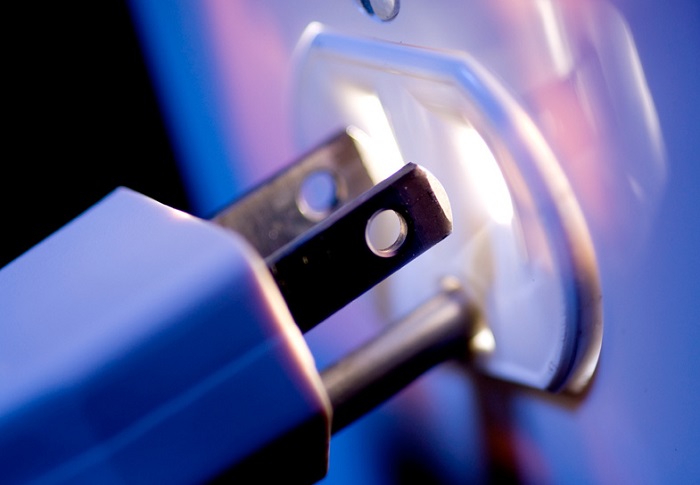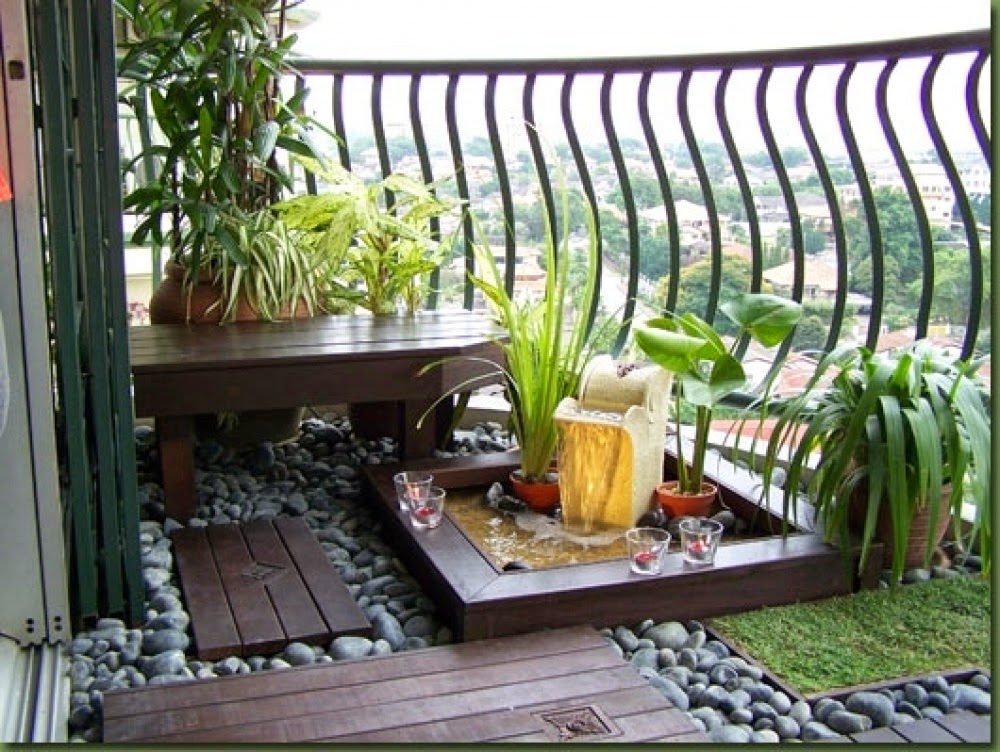With electric power prices on the rise and old power grids patched up, it’s time to take a little control and get serious about reducing power usage.
Ways to waste electricity without realizing it
Here are ten ways you are probably wasting electricity without realizing it.
1. Connect without using
Forget zombies, your house is much more likely to be full of vampires. Energy vampires are those devices and appliances that we usually leave connected 24 hours a day, 7 days a week, regardless of whether we use them or not. And – on or off – every item that is plugged in is sucking electrical energy vampire style. This “vampire” way of sucking energy can add up to 10% to a consumer’s monthly energy bill.
Let’s use the microwave as an example. How often do you use it throughout the day to prepare food? And yet it stays plugged in, digitally viewing the time and silently drinking electricity in the process. It’s like a 30-pound clock with a motor and a rotating cooking tray. Help drain vampires of electrical energy by unplugging everything that you use rarely and even those that you use more often but can run on battery, such as laptops, cell phones, etc.
2. Using the oven
When it comes to cooking a single item, an oven is often the “nuclear option.” That one-slice pizza or leftover tuna casserole can be microwaved and then finished in the toaster oven. For small jobs, consider how to cook in stages using the smallest appliances that draw electricity rather than automatically gravitate towards the current-sucking monsters.
3. Use hot water
Simply heating the water accounts for 90% of the total energy it takes to wash a load of laundry. That’s a lot of watts. For regular loads, switch to cold water for a month and see if you notice any difference in the cleanliness of your clothing. Reserve the hottest loads of water to combat oil stains. Your budget will thank you.
4. Dish drying
Hot water helps your dishwasher do its job, but drying with heat adds too much energy, and that is largely unnecessary. Today, most dishwashers have a hot dry option that you can simply choose not to use. And while hot drying helps prevent dish stains, you can get the same benefit by adding a rinse aid.
5. Have maintenance-free vents
As obvious as it sounds, if your home has a central heating and air conditioning system, check its vents. Vents have a way of collecting trash in the bottom of our homes. Many are inadvertently shut down and it can result in systems that have to work harder to get the job done. While you’re in it, make sure the vents, ducts, and any filters are clean and installed properly. If you find inaccessible dirt or debris, or if you see visible signs of mold, it may be time to professionally clean your air ducts, and not only that, all equipment requires complete maintenance to ensure its optimal operation.
6. Turn on and off
This practice commonly goes hand in hand with having a lack of control of activities or having children at home. Running the same switch on and off many times in any of the cases: air conditioning, light switches, fans, etc., can alter the motor of the equipment making them require more electrical energy to function if burns or other occur type of disturbances in the current that can even cause them to stop working completely.
7. Lighting for the holidays
Are you still using your father’s old series of Christmas lights from 1975? Well, those incandescent bulbs are using enough electricity to drain your gift-buying budget. Ditch the old and switch to the new LED lights. You’ll get hours of blink for a small fraction of the electrical output.
8. Open the refrigerator a lot
It’s a popular pastime, but standing in front of that open fridge trying to decide if you have enough sandwich ingredients isn’t doing your electric bill any favors. Reflect before opening the fridge or after you have quickly “scanned” its contents and close the door. And while we’re on the subject, make sure you’re doing everything you can to help your fridge last for years.
9. Ignore power hours
Although it may not reduce your electricity use, reserving energy-intensive tasks for peak hours can lower the rate you pay. Since many energy companies offer discounts after 8:00 PM, it helps you focus not just on how to do things, but when. Check with your local power company to determine if they offer an off-peak discount and when peak hours begin and end. Then, whenever possible, schedule your laundry and dishwasher tasks to fit within that period.
10. Keep the doors open while the air conditioning is on
If you use air conditioning and heating, once turned on, you must have the doors and windows closed, and if you do not this will imply that the air conditioner understands that it must acclimatize a larger area and that will force its capacity causing more electrical energy is used.
It’s easy to think of electricity as a mysterious force running through power lines that magically illuminate everything we do. But actually, it is a concrete resource over which we have direct control. Fortunately, we don’t need to understand electricity to conserve it. So next time you plug, charge, turn on, or heat up, think of ways to make each one smarter.








